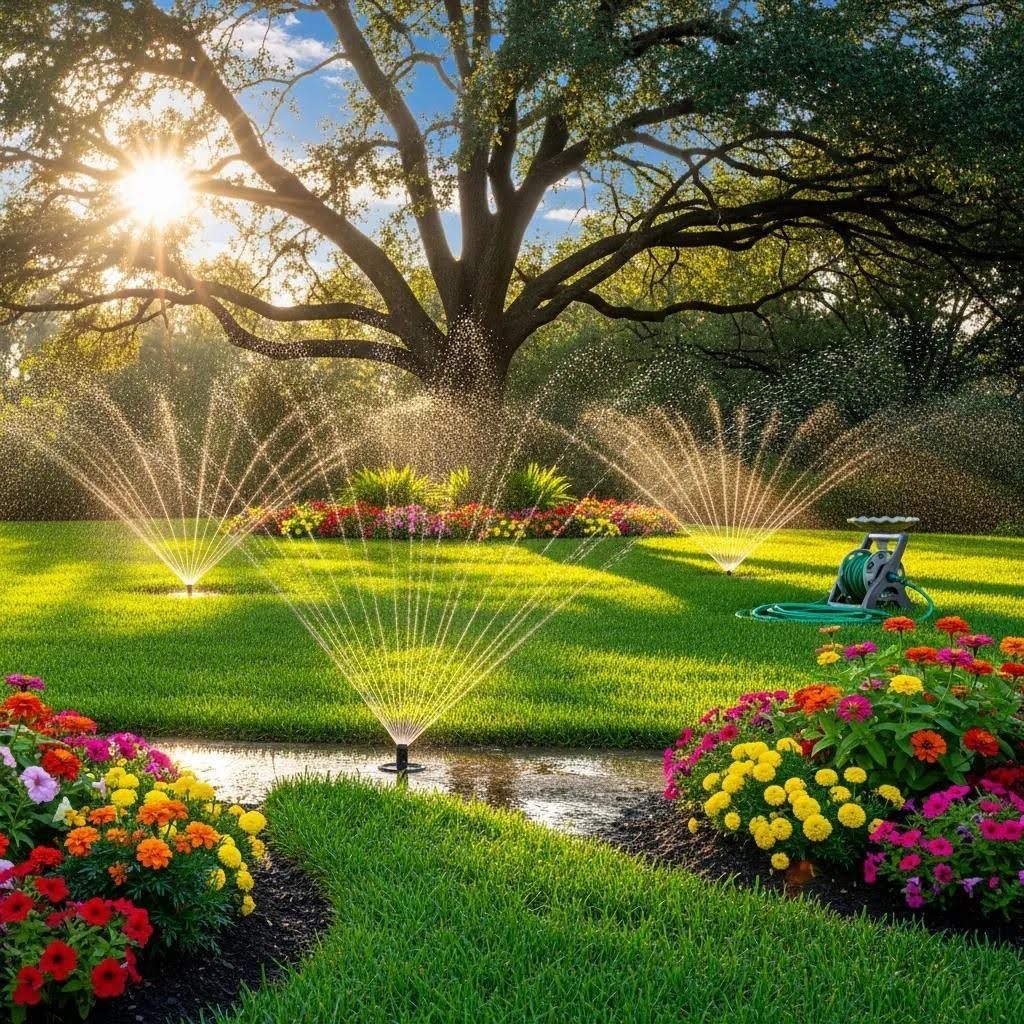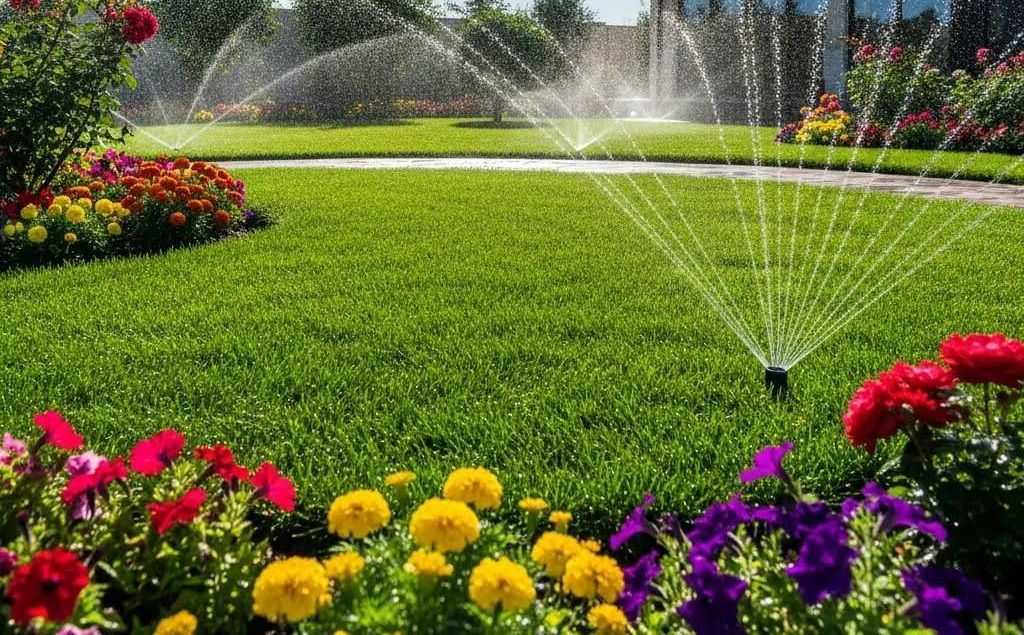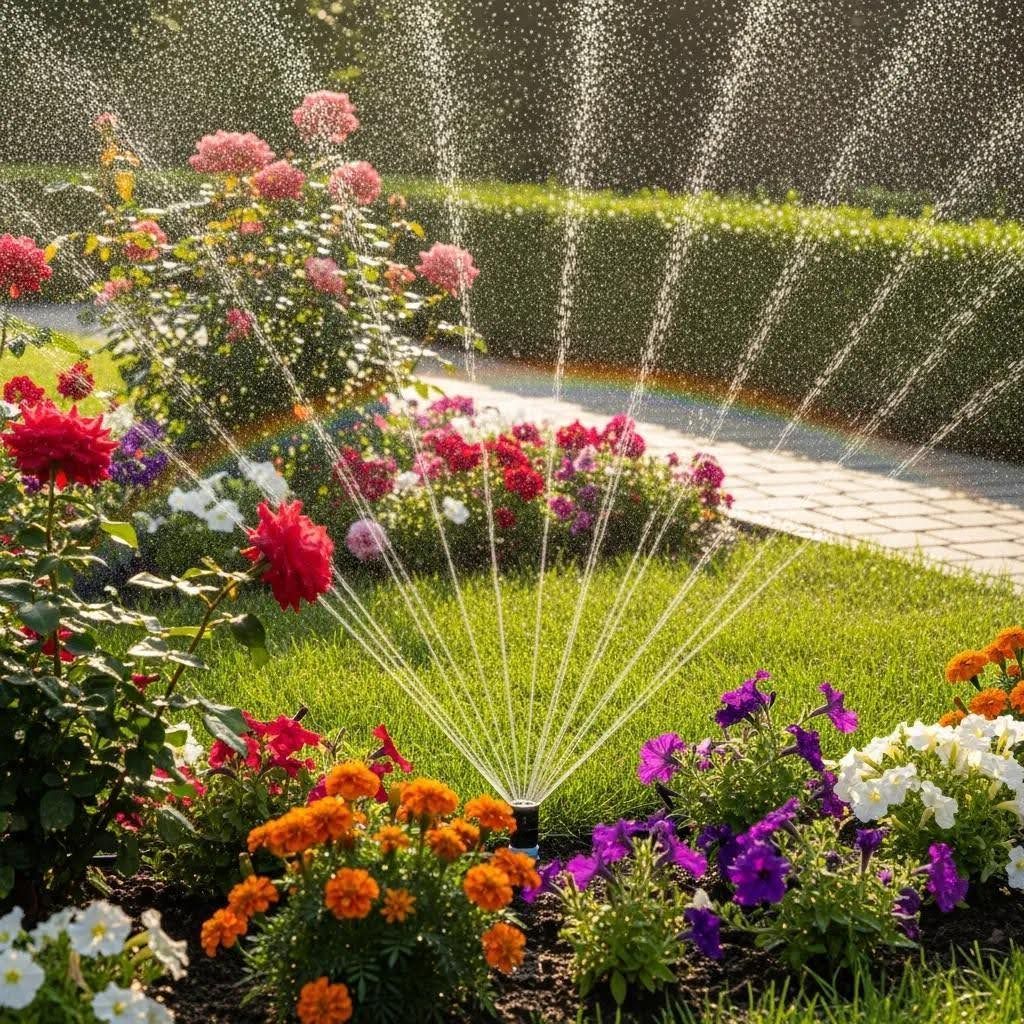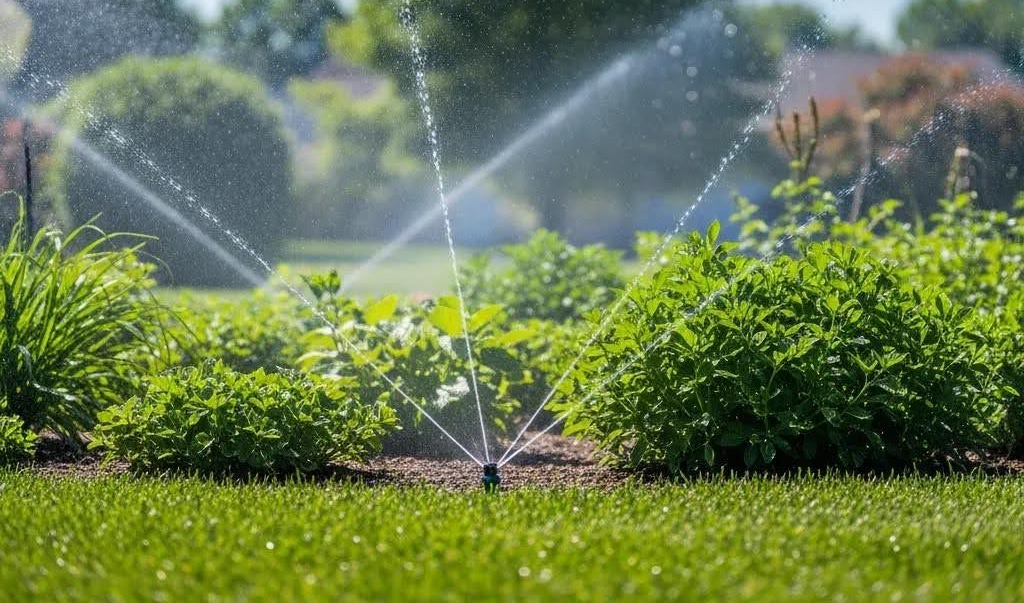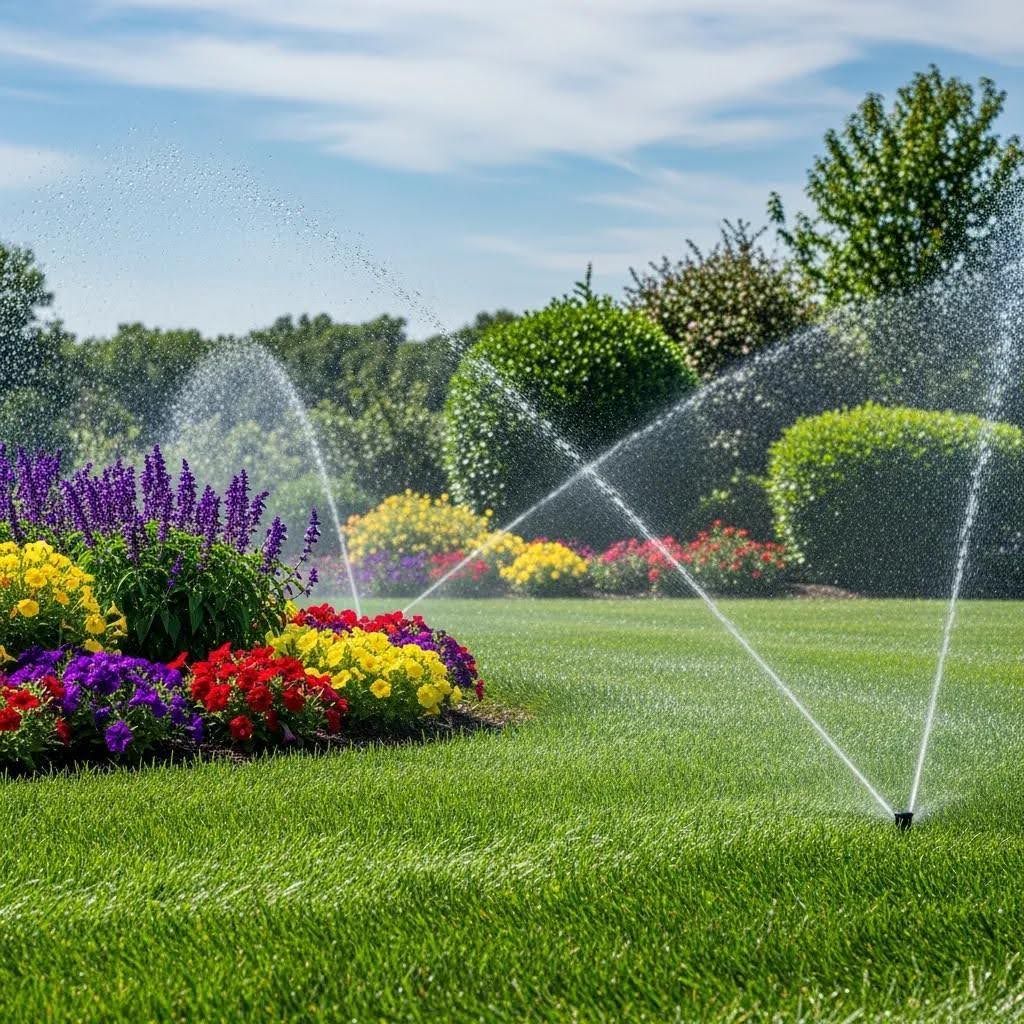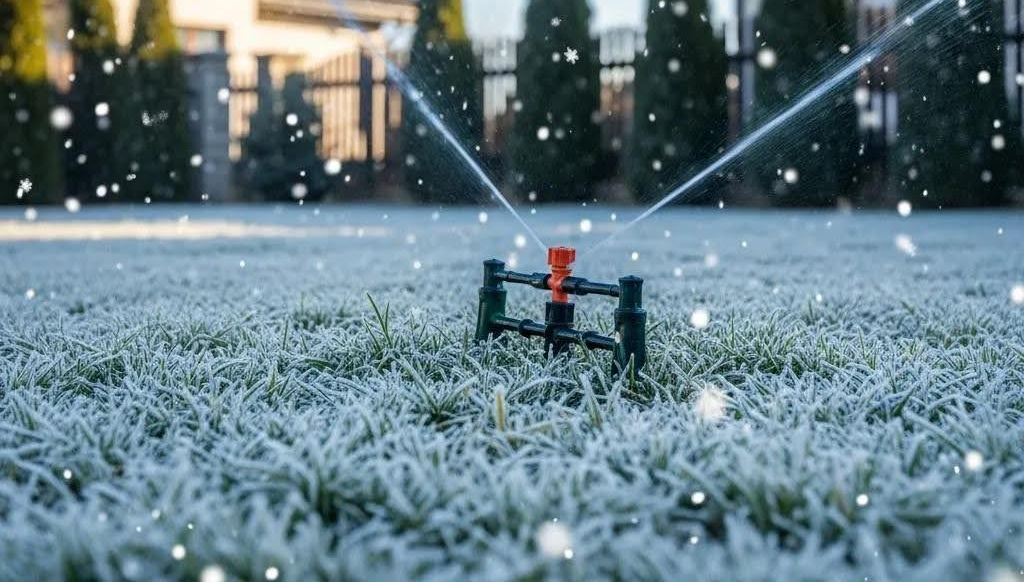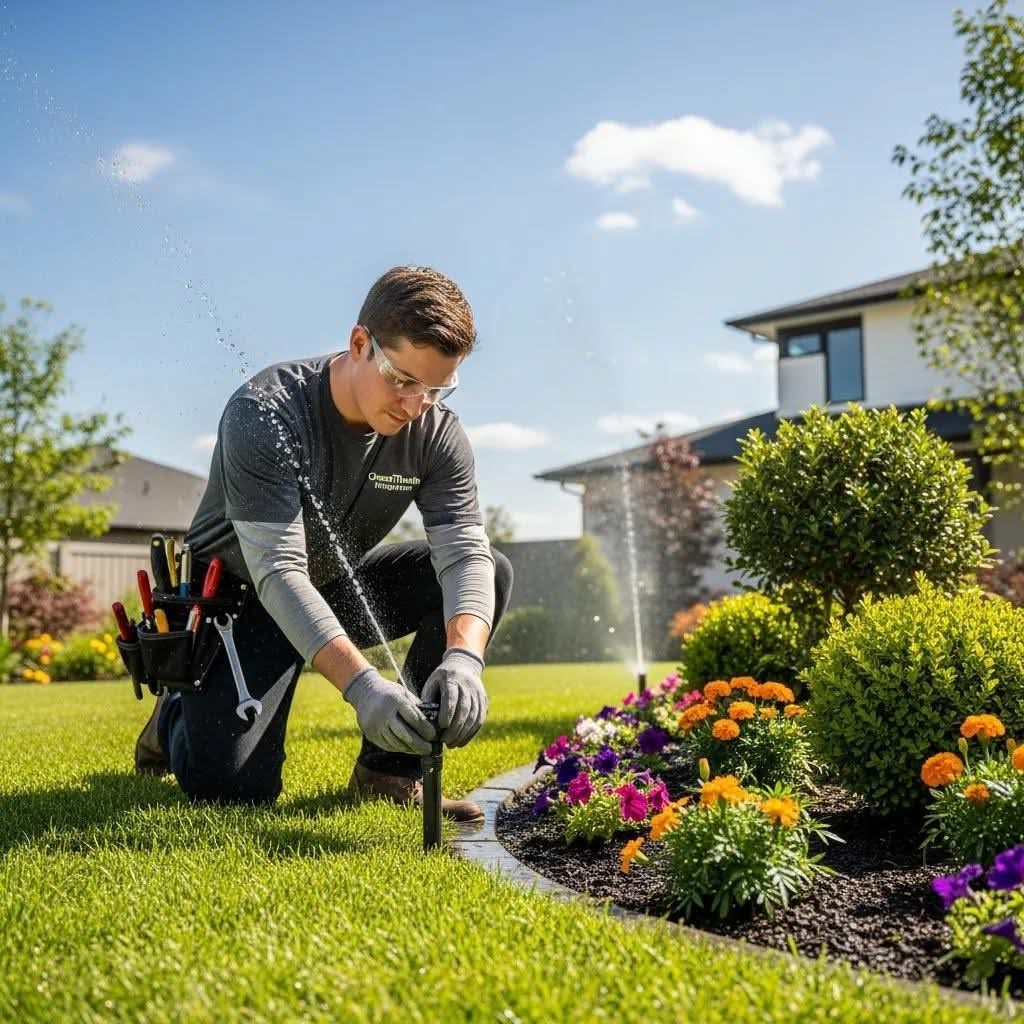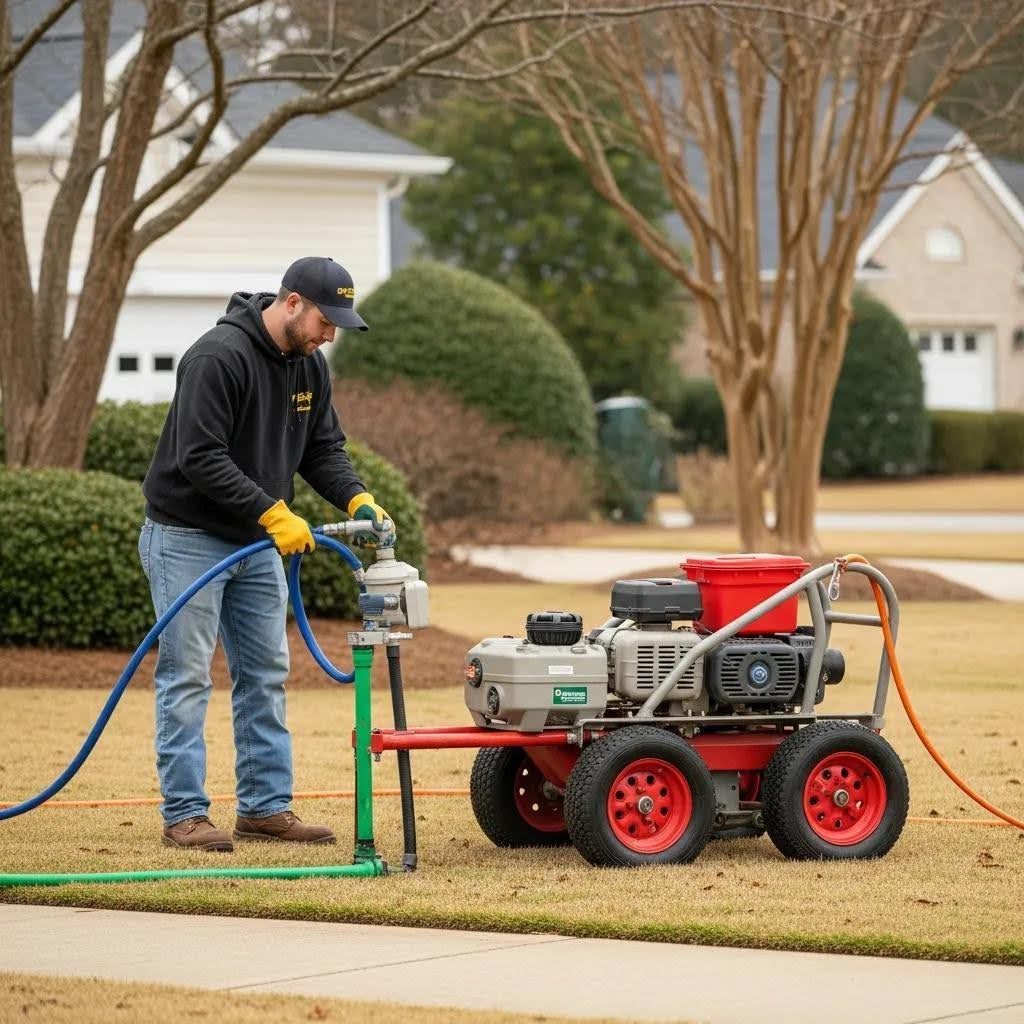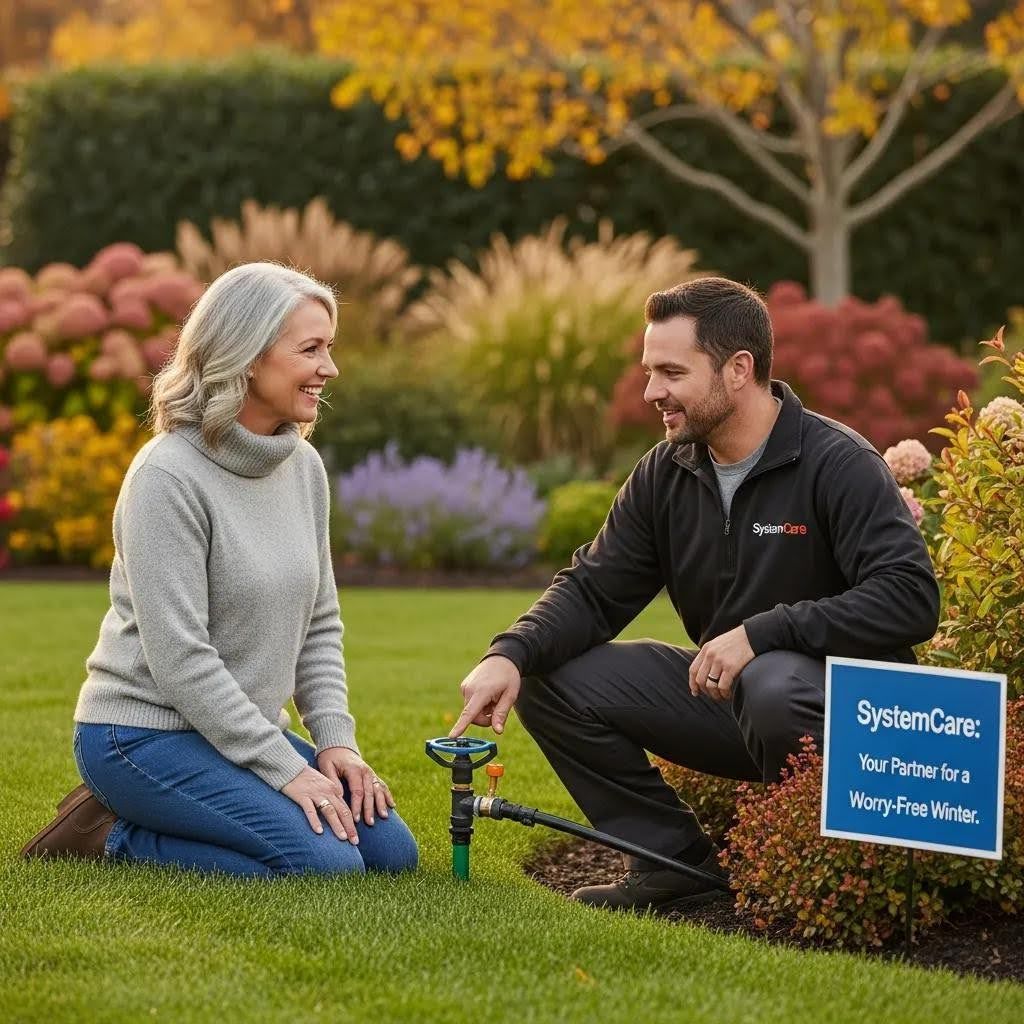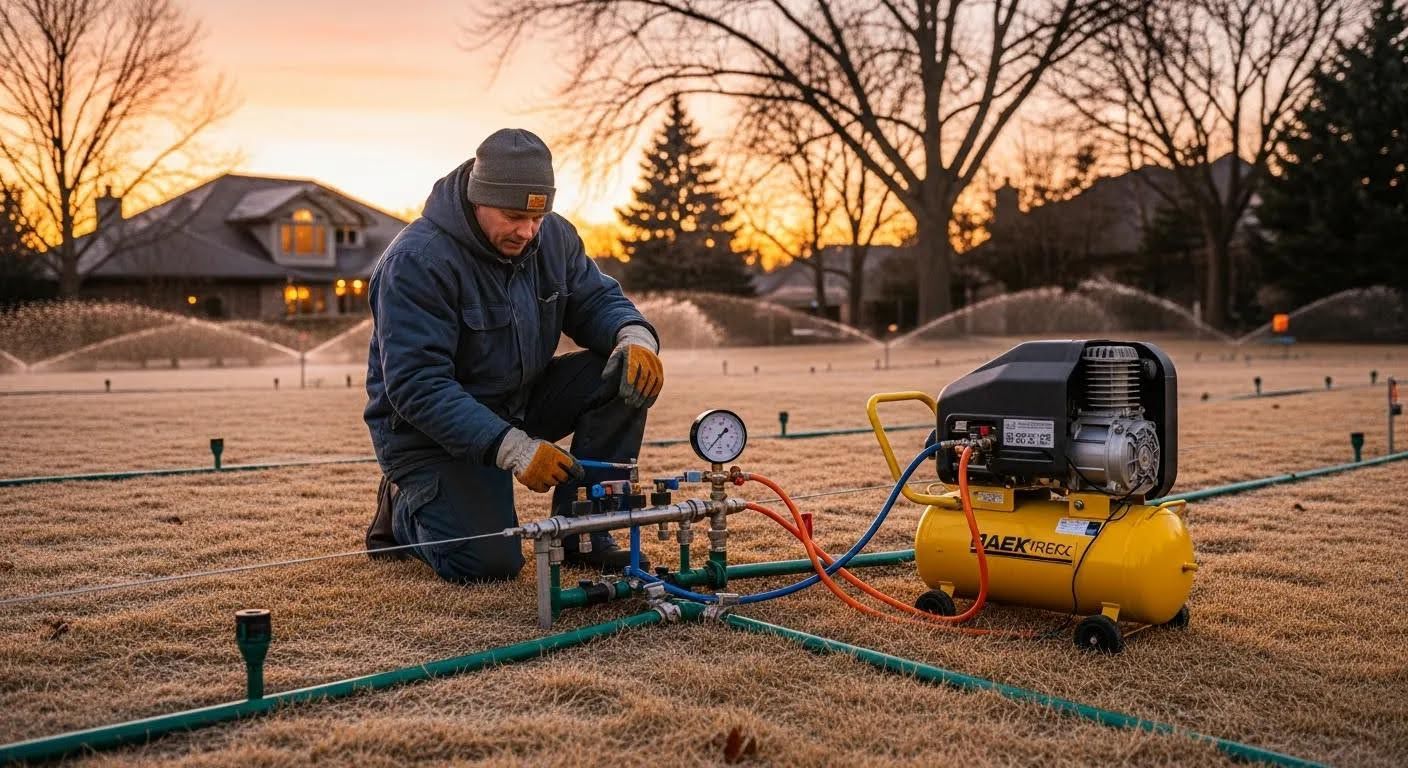What is the average cost of fixing a drainage problem with professional grading?
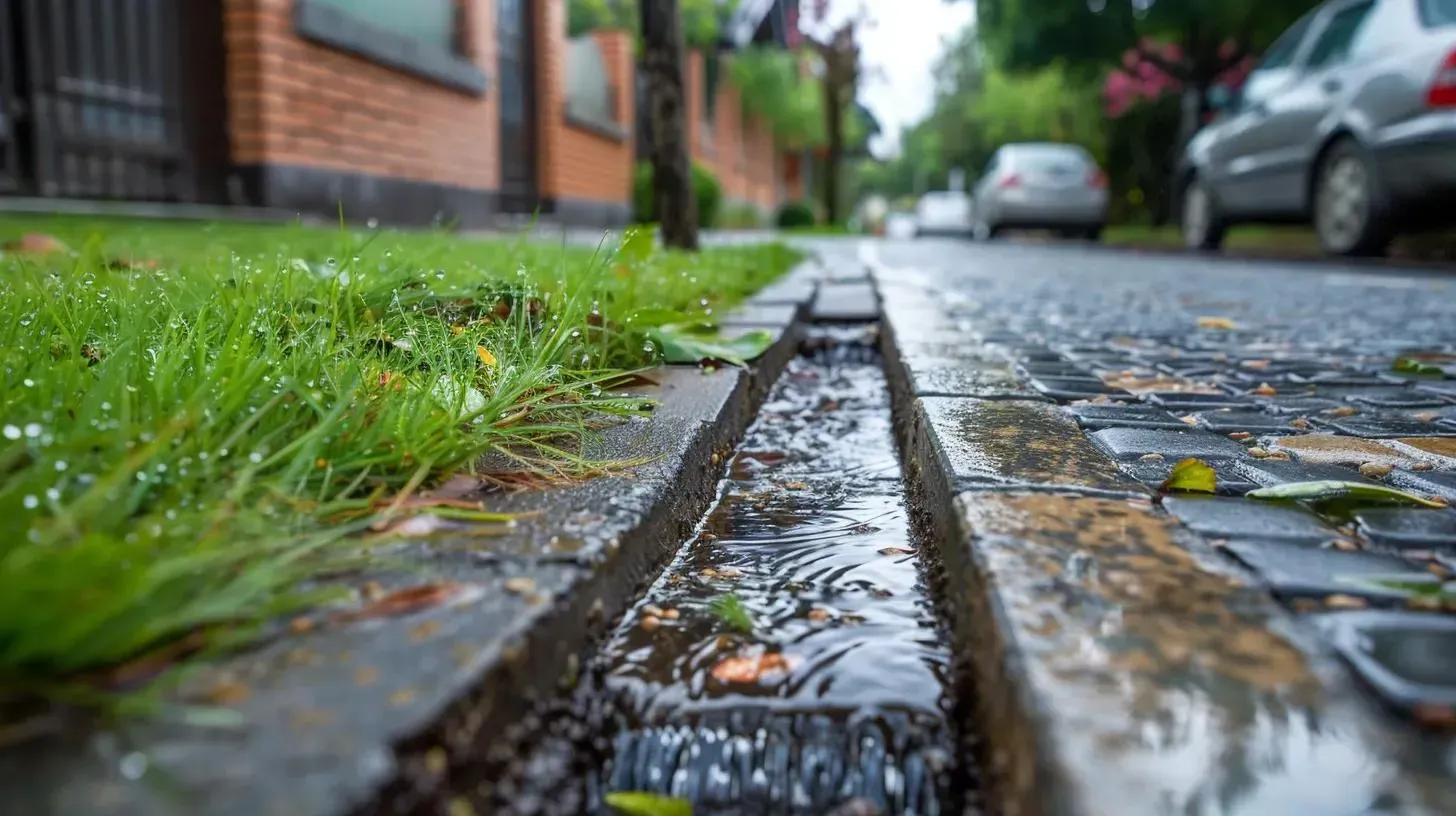
Every homeowner in Hampton Roads dreams of a lush, even lawn that welcomes you at the back door. But when rainwater refuses to run off properly, turning your yard into a swampy mess, frustration soaks in. Professional grading can transform uneven, waterlogged terrain into a perfectly pitched landscape that channels moisture away from your home. Grading Service Hampton Roads specialists combine precise elevation adjustments, soil compaction techniques, and drainage solutions to ensure your yard not only looks pristine but performs flawlessly under stormy skies. Read on to discover what it really costs to restore balance to your property, and how to plan your project with confidence.
How much does professional grading cost to fix drainage problems?
Grading Service Hampton Roads project pricing typically ranges from $1,500 to $6,000 for most residential properties. This average cost reflects labor, equipment, soil materials, permits, and the complexity of drainage repair pricing tailored to coastal soils and clay substrates.
Subcontractor rates, soil import or export fees, and any necessary erosion control measures all fold into this estimate. When you request a professional grading cost estimate, expect detailed line items outlining excavation and grading cost per sq ft, plus any additional fees for French drains or catch basins.
Cost per Square Foot
In Hampton Roads, excavation and grading cost per sq ft will generally fall between $0.80 and $3.00. Simple regrading of 1,000 sq ft to eliminate minor dips may land on the lower end. Larger acreage or steep slopes push the rate upward, especially if specialized machinery like skid steers or laser-guided graders are required.
Minimum Project Costs
Most grading contractors enforce a minimum charge, often between $1,200 and $1,500. This covers mobilization, basic equipment rental, and labor, even when the job footprint is small. Understanding these floor rates helps homeowners weigh whether to combine smaller repairs into a comprehensive grading strategy.
What factors influence grading service pricing in Hampton Roads?
Professional grading cost estimate can swing dramatically based on localized conditions. Coastal properties often present unique challenges, from high water tables to clay-heavy soils that resist drainage.
Seasonal demand also plays a role—spring and fall wet seasons trigger more requests, which can temporarily bump up contractor rates. Planning your yard leveling during offseason windows may yield better pricing.
Soil Type and Composition
Clay-rich earth common to Hampton Roads resists water infiltration, requiring more aggressive soil amendments or extended grading passes. Sandy soils drain faster but may need stabilization to prevent erosion. Determining your soil profile through a simple soil test can guide accurate quoting.
Terrain and Accessibility
Steep slopes or narrow access points that restrict machinery dramatically increase labor hours. If a property requires manual wheelbarrow transport of soil amendments, expect a premium. Conversely, wide-open lots allow crews to work efficiently, reducing overall cost.
Project Scope and Drainage Complexity
Is your goal simply to level minor dips, or are you installing sub-surface drains and catch basins? Complex drainage networks require trenching, piping, and sometimes concrete work. Each component adds to land grading contractor rates, but yields lasting protection against water damage.
What is included in the cost of drainage and grading services?
A transparent estimate for the cost of drainage and grading services will typically cover:
- Pre-project site evaluation and elevation mapping
- Permit procurement and local code compliance
- Heavy equipment operation for excavation, compaction, and finish grading
- Soil import/export and topsoil installation if required
- Installation of drainage infrastructure such as French drains, swales, or catch basins
- Final cleanup and erosion control measures
In areas prone to flooding, additional erosion control blankets or riprap may be installed to secure slopes. Understanding each line item helps you compare bids fairly and avoid unexpected add-ons. Midway through your research, you might come across common Yard drainage issues Hampton Roads that these services directly address, guiding your priorities.
How can I get an accurate grading service quote online?
The rise of digital quoting tools lets you request a grading service quote online with just a few clicks. Most contractors ask for:
- Property address and acreage
- Photographs or video walkthrough of trouble spots
- Description of existing drainage problems (puddling, erosion ruts, foundation seepage)
- Desired outcome (yard leveling, drainage installation, erosion protection)
Armed with this data, professionals can generate a ballpark estimate and schedule an on-site survey for final numbers. When evaluating quotes, be sure you’re comparing the same scope—never mix simple excavation-only bids with full-service drainage repairs. If you notice irregular ground patterns or standing water around your foundation, review our guide on Signs of Poor Yard Drainage for clarity before approving any work.
When should you call a grading professional for yard leveling and drainage repair?
If your lawn has depressions that don’t dry out within 24 hours of rainfall, it’s time to act. Other red flags include soil washing away from slopes, soggy patches near building footprints, or water backing up near driveways and walkways.
A professional can diagnose underlying elevation issues before they damage foundations or landscape beds. Early intervention often lowers the price to fix drainage problem areas, since emergency re-grading after structural damage can cost 2–3 times more than preventive measures. To lock in your project timeline and secure competitive rates, Contact us for a consultation that aligns with your seasonal schedule.
DIY vs Professional Grading: Pros, Cons, and Realistic Expectations
You might be tempted to rent a mini-excavator and level your yard yourself to save on labor. Simple projects with minimal elevation change can sometimes succeed under a homeowner’s guidance.
However, underestimating the precision required to achieve correct pitch can lead to failed drainage and erosion issues that necessitate professional rework. Excavation and grading cost per sq ft accounts for years of specialized experience, calibrated lasers, and soil science knowledge—investments that DIY efforts rarely match on the first attempt.
Pros of DIY Grading
- Lower initial cash outlay if you already own tools
- Flexible scheduling on weekends
- Hands-on satisfaction of completing your own yard work
Cons of DIY Grading
- Risk of improper pitch leading to continued drainage problems
- Potential damage to underground utilities without proper locates
- Lack of warranty or liability coverage for mistakes
By balancing these factors, you can decide whether a hybrid approach—contracting out drainage trenching but handling finish grading yourself—makes sense for your budget and skill set.
Financing and Budgeting for Your Grading Project
A major grading project can strain short-term budgets, but many contractors offer flexible financing or payment plans. Typical options include:
- Zero-interest promotions for 6–12 months
- Credit financing through third-party lenders
- Stage-based payments tied to project milestones
Break cost estimates into labor, materials, permits, and drainage infrastructure to see where you might optimize. Bulk ordering of topsoil or stone over multiple projects can also unlock material discounts, reducing your overall residential yard leveling cost.
Maintaining Your Yard Post-Grading to Prevent Future Drainage Problems
Once grading and drainage installations are complete, routine maintenance ensures long-term success. Key practices include:
- Inspecting drainage swales after heavy rainfall for clogging or sediment buildup
- Aerating compacted areas annually to promote infiltration
- Monitoring outlet points and catch basins for debris
- Reseeding bare spots to prevent erosion and maintain grass health
Simple upkeep extends the lifespan of your investment and keeps water flowing exactly where you want it. Periodic check-ins with a qualified pro can catch minor shifts in grade before they escalate into larger repairs.
Conclusion
Navigating the average cost to grade yard surfaces and fix drainage problems involves understanding soil types, terrain complexity, scope of work, and the specialized skills of land grading contractors. By comparing professional grading cost estimates, evaluating the cost of drainage and grading services, and leveraging digital quoting tools, homeowners in Hampton Roads can make confident decisions. When you’re ready for a seamless, worry-free grading experience, trust Grading Service Hampton Roads with your next project. At Hampton Roads Irrigation & Landscape, we deliver precision grading, tailored drainage solutions, and transparent pricing that protects your home and enhances your landscape for years to come.
Frequently Asked Questions
1. What is the average cost of fixing a drainage problem with professional grading?
Most residential drainage repair projects in Hampton Roads run between $1,500 and $6,000, depending on yard size, slope severity, soil conditions, and drainage infrastructure needs.
2. How long does a grading and drainage repair project typically take?
Small to medium yard grading jobs usually complete within 1–3 days, while larger or more complex projects with multiple drainage components can extend to a week or more.
3. Do I need permits for professional grading and drainage installation?
Yes, local municipalities often require permits for soil disturbance, especially in flood-prone zones. Your contractor should handle permit procurement as part of the project scope.
4. Can grading alone solve all my drainage issues?
Grading sets the baseline slope, but chronic water problems may also need French drains, swales, or catch basin installations. A combined approach yields the most reliable results.
5. How can I prevent future yard drainage issues after grading?
Regular maintenance—clearing debris from drains, reseeding bare spots, and checking for soil settlement—keeps your yard functioning optimally and protects your investment.
